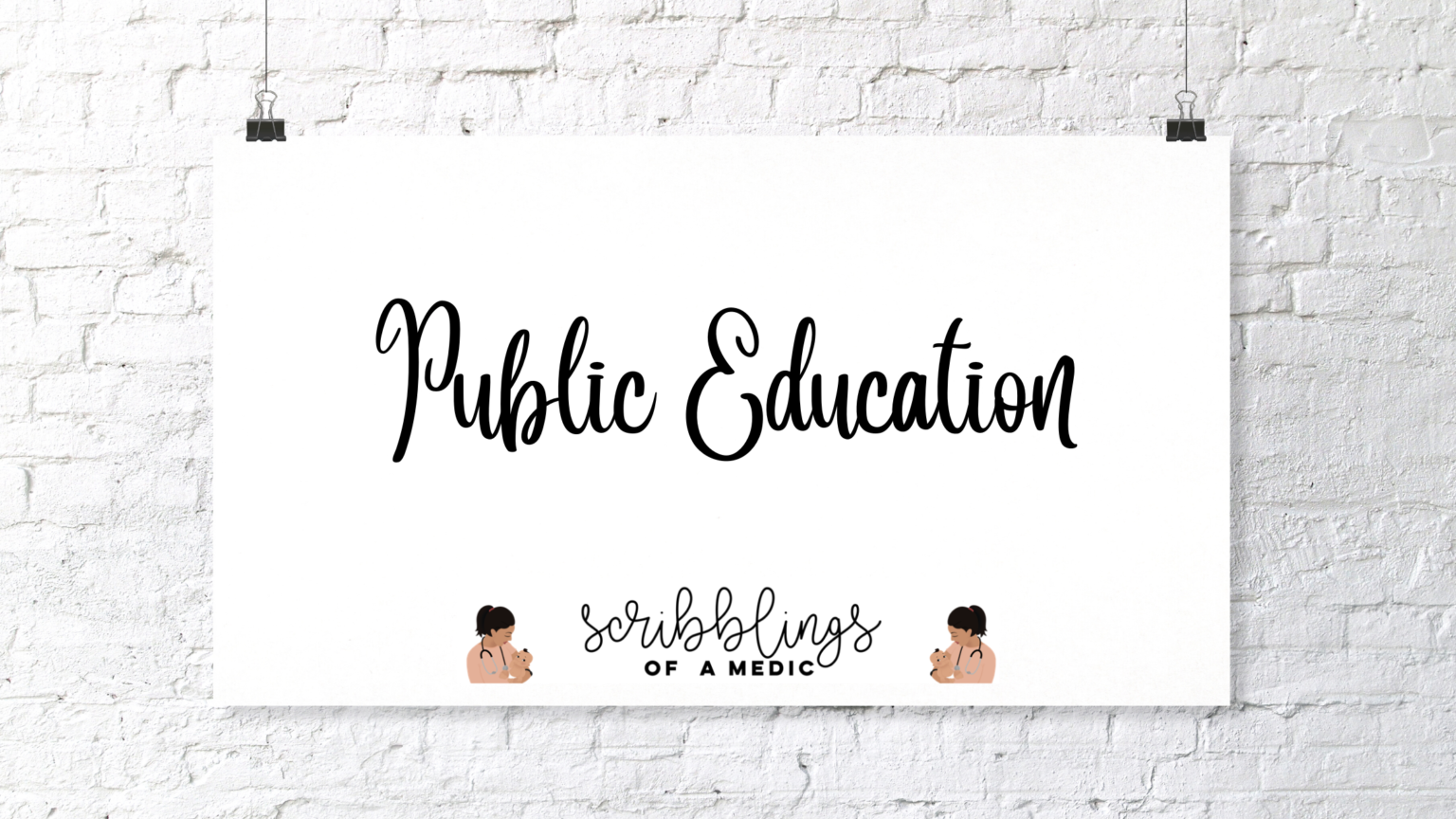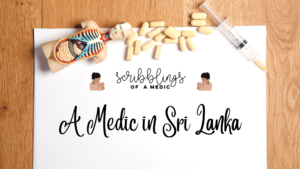Recent media coverage has been about nothing but the dreadful novel coronavirus that has caused a world-wide frenzy. Despite the global scale emergency panic, the WHO has recognised that since Sri Lanka has a well structured healthcare system, we are equipped well enough to deal with this new “tiny but mighty” beast.
In the first few day the since the news broke out, there were daily meetings amongst the top physicians, chest physicians, epidemiologists and infectious disease specialists in the country with regards to the novel coronavirus. Within 2 days, this committee of specialists produced a 10 page guideline on the management and control of the disease.
What’s the background story?
The Coronavirus family (CoV) have actually been around for ages and have caused disease ranging from the common cold to the more severe SARS-CoV, but this time around a new (novel) strain has been identified. The new strain – nCoV – is actually a zoonotic strain meaning it was transmitted to humans from animals. The strain was identified on the 7th of January when an outbreak of pneumonia occurred in the Wuhan City. The Wuhan market in China actually sells seafood and wild animals, and it is believed that this was the starting point of the outbreak. However, many patients who have not visited the Wuhan Market have acquired the infection suggesting that the virus is spreading further via person to person contact through airborne droplets.
What will happen if I get the disease?
From the time of exposure, a person can take up to 2 weeks to actually develop symptoms (the incubation period takes between 2 – 14 days). During this incubation period, the infected patient can infect others despite not exhibiting any symptoms at all.
Persons with suppressed immune systems are at a higher risk of contracting the disease and are also at a greater risk of having a severe infection – this includes the elderly, diabetics, those with pre-existing kidney failure, etc. Almost all fatalities have a co-existing degree of immunosuppression.
Symptoms include
- cough
- cold
- shortness of breath
- fever
In severe cases, patients may develop pneumonia, severe acute respiratory syndrome, organ failure and even die.
What investigations should be done?
Sri Lanka has received a LIMITED number of CoV test kits which means that not everybody who has a cough and cold should be getting tested. The only people who should be investigated are:
- Persons with severe acute respiratory illness with a history of fever and cough needing admission with no clear aetiology AND
a) a history of travel to Wuhan province in the 14 days prior to symptom onset
b) patient is a healthcare worker working in an environment where patients with severe acute respiratory illness are being managed (regardless of travel history)
c) patient develops an unusual or unexpected course and sudden deterioration despite appropriate treatment (regardless of travel history)
2. A patient with acute respiratory illness of any severity and:
a) a close physical contact with a confirmed case of nCoV infection whilst that patient was symptomatic
b) from a healthcare facility where nCoV infections have been reported
Routine investigations which are done for all viral infections including FBC, CRP, Influenza A/B/H1N1 nasopharyngeal PCR swab and a chest X-ray (may show infiltrative filtrates). As this strain of the coronavirus is still novel, further samples are encouraged to be sent for testing which includes sputum culture and other respiratory samples – nasopharyngeal & oropharyngeal swab, endotracheal/nasopharyngeal aspirate, bronchoalveolar lavage and tissue from biopsy/autopsy
What is the treatment like?
At the moment, as for many viral infections, there is NO specific treatment available – only symptomatic management should be given. All patients who are strongly suspected of having a coronavirus infection should be evaluated at one of the 15 hospitals allocated by the government to handle coronavirus.
The hospitals identified as treatment centres include NHSL, LRH, NIID, DMH, TH Ragama, DGH Gampaha, DGH Negombo, National Hospital Kandy, TH Karapitiya, TH Anuradhapura, TH Jaffna, TH Kurunegala, PGH Rathnapura, TH Batticoloa and PGH Badulla. All suspected patients MUST be informed to the Epidemiology unit over the phone.
There is NO scientific evidence that Kothamalli, Rasam, Asamadhagam and hot water cures/treats or prevents a coronavirus infection.
As always prevention is easier than treatment and the following steps (issued by the Ministry and WHO) should be practiced in order to curtail transmission:
- Good hand hygiene – disinfect your hands regularly with soap + water or alcohol hand rub, especially prior to eating.
- Cover your nose and mouth when coughing/sneezing to reduce the spread of droplets – if using tissues/handkerchiefs dispose of them correctly.
- Avoid contact with persons suffering from respiratory illness as much as possible.
- Avoid close contact with wild animals and the consumption of raw/undercooked meat.
- Avoid crowded places
Currently, there is no current recommendation from the ministry for the public to routinely wear surgical masks. This is only recommended if in close contact with patients with respiratory illnesses (i.e. healthcare workers). So please don’t panic, get ripped off and pay exorbitant amounts for surgical masks that will not definitely prevent an infection. The only masks that will hold off the virus is the N95 masks.
What is the current situation in Sri Lanka and is it the end of the world?
At the time of uploading (08/02/2020), only one patient (a Chinese national tourist) has been diagnosed with coronavirus and has now recovered. There are 17 other individuals who are currently admitted to some of the treatment centres for surveillance – none are confirmed cases. Sri Lankan students studying in China (not from the Wuhan district) have been given clear instructions on minimising public outings and contact for 2 weeks after their arrival in Sri Lanka. 33 Sri Lankan students studying in the Wuhan city are at the Diyathalawa quarantine camps set up by the army – they are all currently healthy.
Currently the global situation according to the WHO situation report (03.02.2020) is:
- 40554 confirmed cases – (40235 – China, 319 – Outside China)
- 910 deaths (909 – China, 1 outside China)
- Patients are reported from 24 countries.
It is an important time for critical thinking and fact checking. One thing Sri Lankans are good at is making a mountain out of a molehill without being practical. Yes, this novel virus is very infective, but the death rate is about 2% at the moment. I have the utmost faith in the Sri Lankan healthcare system – it is probably the only government service that runs without a hitch. Thermal scanners and 24/7 medical attention is available at the airport for any travellers who may feel symptomatic.
***UPDATE – 18th March 2020***
The infection is now called Covid-19 and the number of cases in Sri Lanka have rapidly increased despite government efforts to limit migration and ban public gatherings. The rt-PCR test is now available both in the government and private sector (but you still need to fulfil the criteria for it).
For more information here’s a couple of helpful links below:
- 2019 n-CoV Fact sheet issued by the Epidemiology unit of the Ministry of Health, Sri Lanka
- n-CoV 2020 situation report (updated daily by the Epidemiology Unit of the Ministry of Health, Sri Lanka
- Interim summary guidelines for clinical management of patients with novel coronavirus
- Updated guidelines for clinical management of patients with Covid-19





